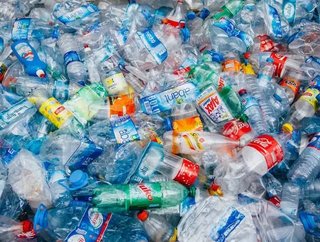BP Infinia to change the game for unrecyclable plastics

While polyethylene terephthalate (PET) is one of the most recyclable plastics, the reality is that less than 60% of that found in bottles is collected for recycling, and a mere 6% is recycled into new bottles. The rest, according to BP, is often “downcycled”: recycled just once before becoming landfill or incinerator-bound waste. The polymers in PET have the potential to be recycled 10 times over – the opportunities being missed speak for themselves. For drinks and food packaging alone, 27mn tonnes of PET are used each year worldwide.
With its new recycling technology, BP Infinia, BP believes it has found a solution that will go some way to realising the untapped potential for recycled PET. The tech will enable the diversion of PET from landfill or incineration for transformation into virgin-quality feedstocks, driving a circular economy and maximising the value of PET-based products. Those feedstocks can then be used to make more PET packaging, even from PET products that have traditionally been difficult to recycle such as thick, coloured products and coloured drinks bottles.
To prove the concept, BP is constructing a US$25mn pilot plant in the US (set to become operational in 2020), with plans to scale up to full commercialisation as soon as possible with multiple plants around the world.
SEE ALSO:
“We see our Infinia technology as a game-changer for the recycling of PET plastics,” said Tufan Erginbilgic, BP's Downstream Chief Executive, in BP’s press release on the matter. “It is an important stepping stone in enabling a stronger circular economy in the polyester industry and helping to reduce unmanaged plastic waste.”
Charles Damianides, Vice President of Petrochemicals Technology, Licensing and Business Development, added: “BP is committed to fully developing and commercializing this technology. We have long experience and a proven track record of scaling technology and we firmly believe that this innovation can ultimately contribute to making all types of polyester waste infinitely recyclable.”






